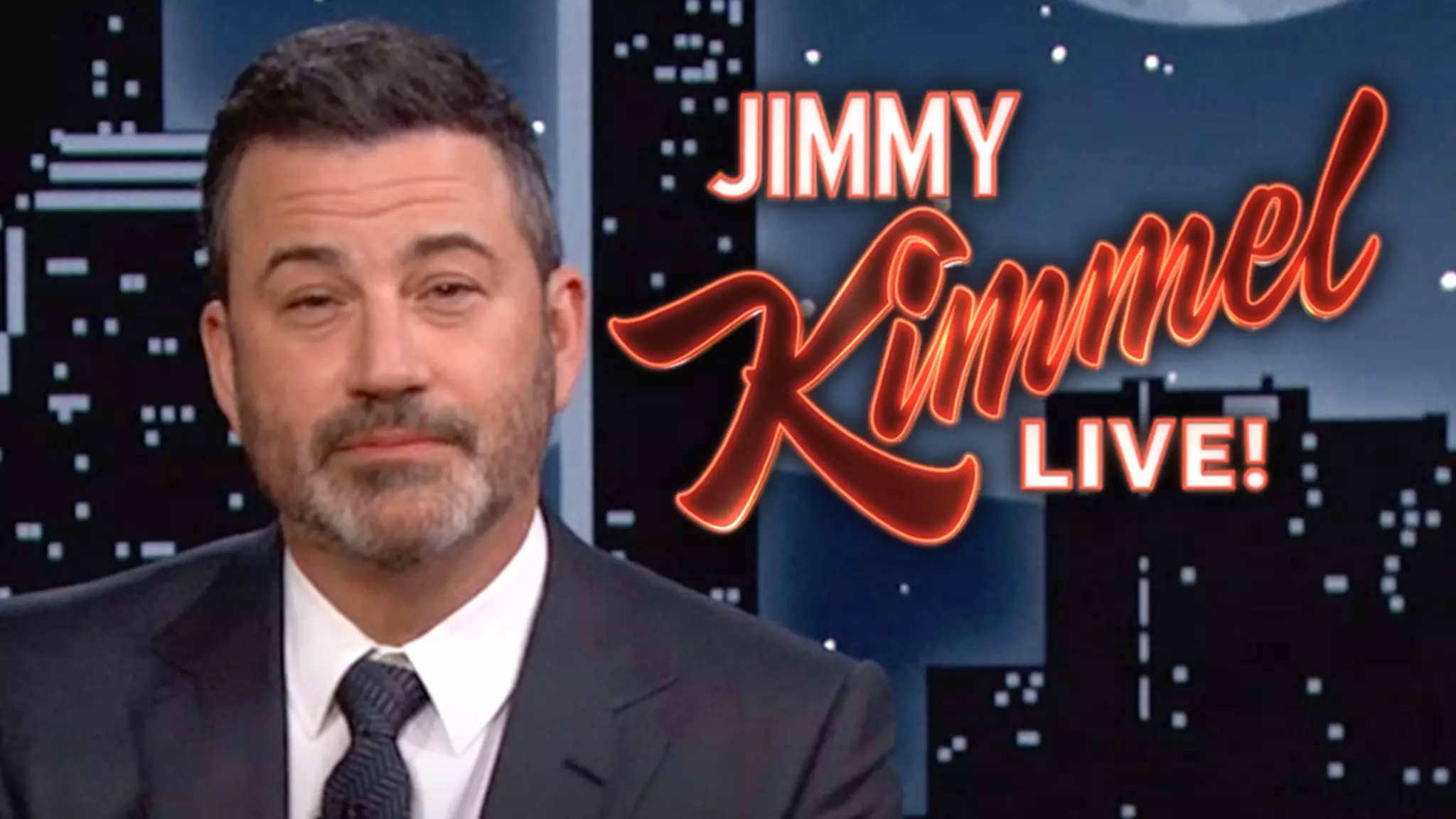In recent weeks, the entertainment industry and broader society have been gripped by a disturbing debate surrounding the suspension of “Jimmy Kimmel Live!”. At the core of this controversy lies an essential question: should public figures face consequences for expressing their opinions, even if those opinions ruffle powerful feathers? Many argue that the suspension represents a dangerous encroachment on free speech, revealing the fragile balance we walk between artistic expression and corporate or political suppression. This episode exposes a broader trend where free discourse is weaponized, not in the service of truth, but as a tool for silencing dissent.
The initial reaction from Hollywood and beyond was one of shock and defiance. Celebrated actors and comedians, including Ben Stiller and Wanda Sykes, voiced their disapproval publicly, framing the suspension as an attack on the fundamental freedoms that underpin American democracy. These voices emphasize that humor and open dialogue are vital, not merely entertainment but necessary for societal progress. When an influential platform like ABC chooses to suspend a show over its host’s comments, it sets a chilling precedent — one where the fear of offending political or corporate interests trumps truth-telling and accountability.
This moment reveals a rift between the spirit of free expression enshrined in the Constitution and the realities of today’s media landscape. It becomes clear that, for some, freedom of speech is conditional — only permissible when it aligns with particular narratives or corporate interests. Conversely, critics argue that maintaining a culture of open debate and critique is essential to a thriving democracy. When speech is suppressed, especially under the guise of protecting feelings or avoiding controversy, society risks slide into authoritarianism, where the powerful dictate what can and cannot be said.
The Political and Cultural Implications of Censorship
Behind the push to silence Jimmy Kimmel lies a deeper political and cultural current. Critics, including prominent voices on social media, have linked this suspension to a broader strategy to stifle voices that challenge the prevailing political establishment. The fact that figures like Donald Trump openly celebrated the move lends credence to the idea that this is less about content and more about controlling the narrative, intimidating critics, and consolidating power.
Many cultural leaders have responded vehemently, framing the suspension as emblematic of an emerging fascist mentality where dissent is crushed and free-thinking is punished. Speeches from figures like Rosie O’Donnell and Sophia Bush point to a perceived erosion of democratic norms. Their statements serve as stark warnings: when the right to free speech is eroded, fascism quietly takes root. The language of suppression — protests, posters, public outrage — echoes historical patterns where authoritarian regimes seek to quiet opposition and manipulate public sentiment under the guise of order or morality.
Yet, this controversy also raises questions about boundaries. Some argue that there should be limits to speech, particularly when it crosses into hate speech or incites violence. The challenge lies in delineating legitimate boundaries without tipping into censorship. The line between holding individuals accountable and silencing legitimate critique is razor-thin, and history demonstrates how easily well-intentioned policies morph into oppressive tools.
The Role of Media and Art in Upholding Democracy
This episode underlines the essential role that the media and artistic expression play in safeguarding democracy. The collective outrage from industry insiders, unions like SAG-AFTRA, and civil liberties advocates reflects a shared understanding: suppression of dissent undermines the very fabric of freedom upon which society relies. When organizations like the Writers Guild of America and SAG condemn censorship, they reaffirm that entertainment and commentary are vital components of a healthy democracy. They argue that when voices are silenced, society loses a critical space for reflection, debate, and resistance.
Furthermore, the public protests — from hanging posters outside studio doors to vocal social media campaigns — highlight grassroots resistance to authoritarian impulses. These protests embody the belief that freedom of expression is not merely a legal right but a moral imperative. The show’s suspension underscores how tenuous this right can be, especially when powerful interests feel threatened. The reaction from the public and industry forces is a reminder that collective action is necessary to defend liberty.
As the controversy continues to unfold, it forces society to ask whether we are willing to accept a future where speech is subject to corporate or political censorship. Will we stand for a culture where truth and dissent are marginalized, or will we embrace the challenging but vital principle that free speech remains sacrosanct? The answer will profoundly shape the future of democracy, artistic freedom, and societal integrity.

Leave a Reply